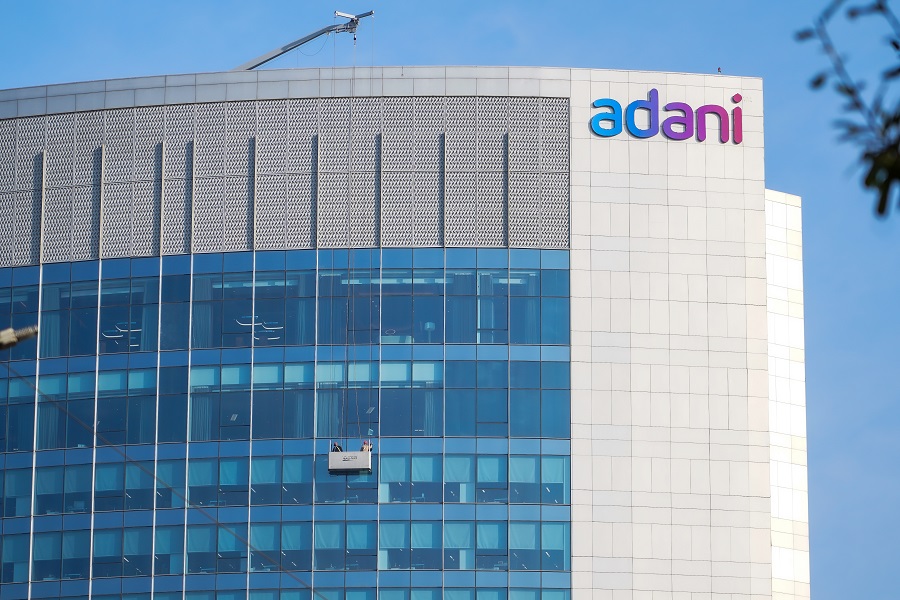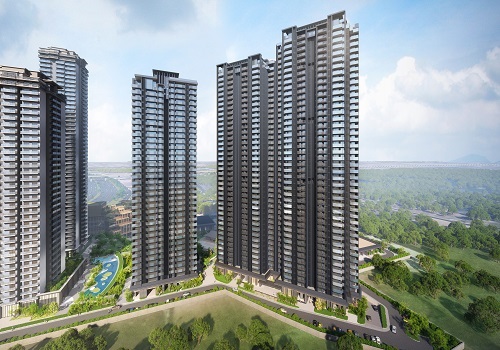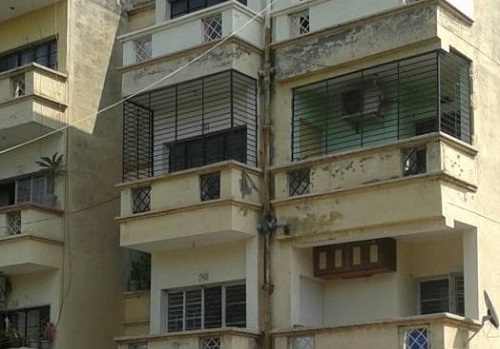65 pc of India`s Grade A office spaces in top 7 cities green-certified

Over 65 per cent of Grade A office spaces across India's top seven cities are now green-certified. Moreover, among 1,362 Grade A buildings, 805 (or 59 per cent) boast of green certifications, highlighting the country’s growing commitment to sustainable construction, according to a report by Vestian Research released on Tuesday.
As India's office market attracts global occupiers, developers are increasingly prioritising international certifications. This trend is reflected in the dominance of LEED certification, which accounts for a remarkable 74 per cent share as of Q2 2024, the report states.
Southern cities (Bengaluru, Chennai, and Hyderabad) account for 58 per cent of the total green stock pan-India. Bengaluru accounts for the highest (172 Mn sq ft) green stock amongst the top seven cities of India. Chennai accounts for the highest percentage share (83 per cent) of green stock out of the city’s total Grade A stock.
Despite having the lowest stock for Grade A office buildings in pan-India, 62 per cent of the area is green-certified in Kolkata. On the other hand, Pune has the lowest percentage (56 per cent) of green-certified office buildings despite the prominence of MNCs in city leasing, the report points out.
Grade A office buildings with a built-up area of less than 5 lakh sq ft account for 47 per cent of the total number of green-certified buildings. On the other hand, office buildings with a built-up area of more than 10 lakh sq ft account for only 19 per cent of the total number of green-certified buildings. Despite this, 90 per cent of the total projects within this category still qualify as green buildings, showcasing a strong focus on sustainability.
Notably, green certification is rare in office buildings with a built-up area of less than one lakh sq ft. This signifies a lower preference for sustainability practices amongst small and medium-scale developers and occupiers.
Green-certified buildings command a 12 per cent to 14 per cent premium on average over non-green buildings. This demonstrates that developers are rewarded for initial investment in costly sustainable development, as they can charge a premium from occupiers.
Bengaluru leads the pack with a premium of 23-25 per cent with Chennai and Hyderabad following at 12-14 per cent and 13-15 per cent respectively. This suggests a strong focus on sustainability in these tech hubs, where companies are willing to pay a premium to promote environmental responsibility and enhance employee well-being. Developers in Mumbai and Pune charge 8-12 per cent premium in rentals for green-certified buildings compared to non-certified areas.
According to the report, assessing any real estate company’s performance based on energy conservation and green (ESG) building principles becomes crucial as the real estate sector is the second-largest employer in India, accounting for 39 per cent of carbon emissions. The government’s constant push to achieve net zero emissions by 2070 is likely to play a pivotal role in shaping the real estate market in India.























